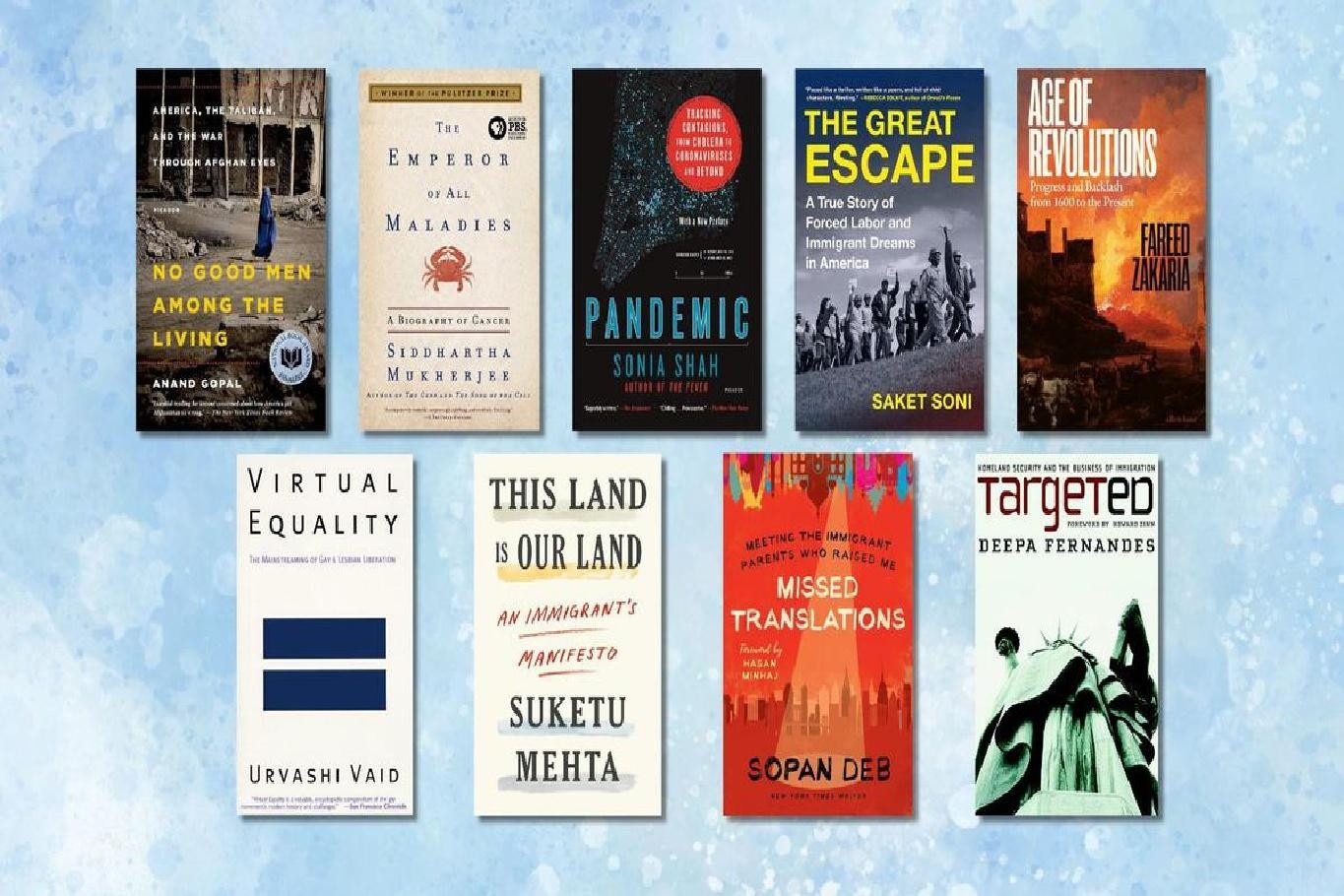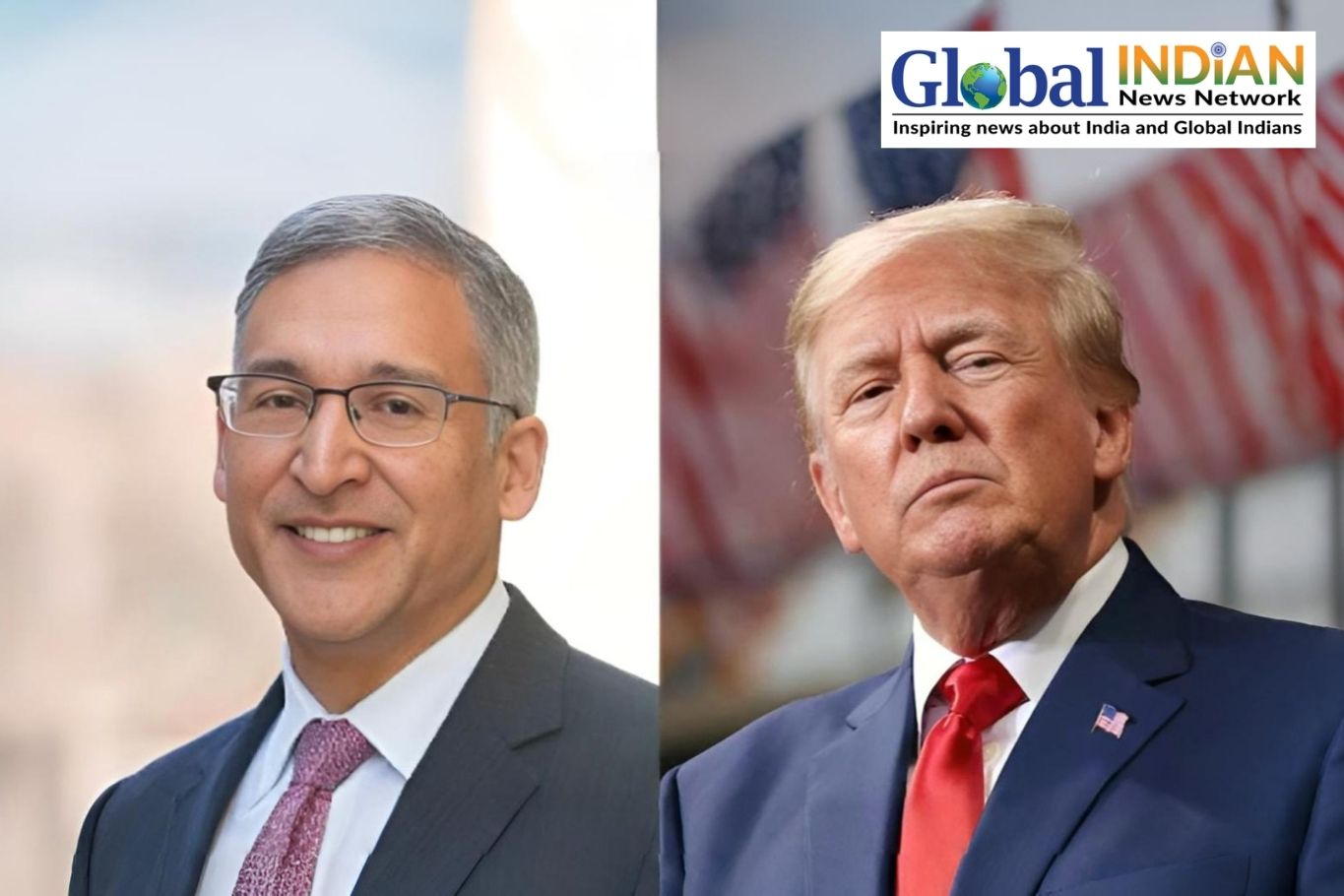
The era of revolutions, chronicled by Fareed Zakaria, narrates the journey of progress and resistance, from the Dutch Republic to the modern-day rise of China and Russia, portraying the nuanced interplay between liberalism’s rise and its challenges. Zakaria highlights pivotal moments like the Glorious Revolution and the Industrial Revolution, contrasting top-down radical changes like the French Revolution with the bottom-up transformations of the Industrial Revolution.
In the latter part of the book, Zakaria delves into contemporary upheavals like globalization, digital transformation, and the resurgence of great power politics, emphasizing the threats posed by democratic decay and cultural backlash against liberalism. He underscores the importance of addressing the void created by liberalism’s individualism to prevent the rise of tribalism and identity politics.
Suketu Mehta’s “This Land Is Our Land” confronts the anti-immigrant sentiment pervading Western societies, debunking populist narratives and highlighting the invaluable contributions of immigrants. Mehta traces the historical legacies of colonialism and global inequality, emphasizing the interconnectedness of migration with civil strife and climate change, and advocating for a more inclusive approach to immigration.
“Virtual Equality” by Urvashi Vaid explores the complexities of the LGBTQ+ rights movement in the wake of political shifts and social transformations, offering insights into the challenges and opportunities faced by the community.
Sopan Deb’s “Missed Translations” delves into the author’s personal journey of reconnecting with his immigrant roots, highlighting the complexities of cultural identity and familial relationships in an increasingly globalized world.
Deepa Fernandes’s “Targeted” exposes the injustices faced by immigrants in post-9/11 America, shedding light on the militarization of immigration enforcement and the erosion of immigrant rights.
Saket Soni’s “The Great Escape” recounts the harrowing experiences of immigrant workers trapped in exploitative conditions, advocating for justice and dignity in the face of systemic oppression.
Anand Gopal’s “No Good Men Among the Living” provides a sobering account of America’s war on terror in Afghanistan, offering insights into the lives of Afghans caught in the crossfire of geopolitical conflicts.
Siddhartha Mukherjee’s “The Emperor of All Maladies” offers a comprehensive exploration of the history and science of cancer, blending medical insights with compelling narratives to unravel the mysteries of this relentless disease.
Sonia Shah’s “Pandemic” traces the origins and spread of infectious diseases, drawing parallels between historical pandemics like cholera and contemporary outbreaks like COVID-19, and urging proactive measures to address future health crises.










